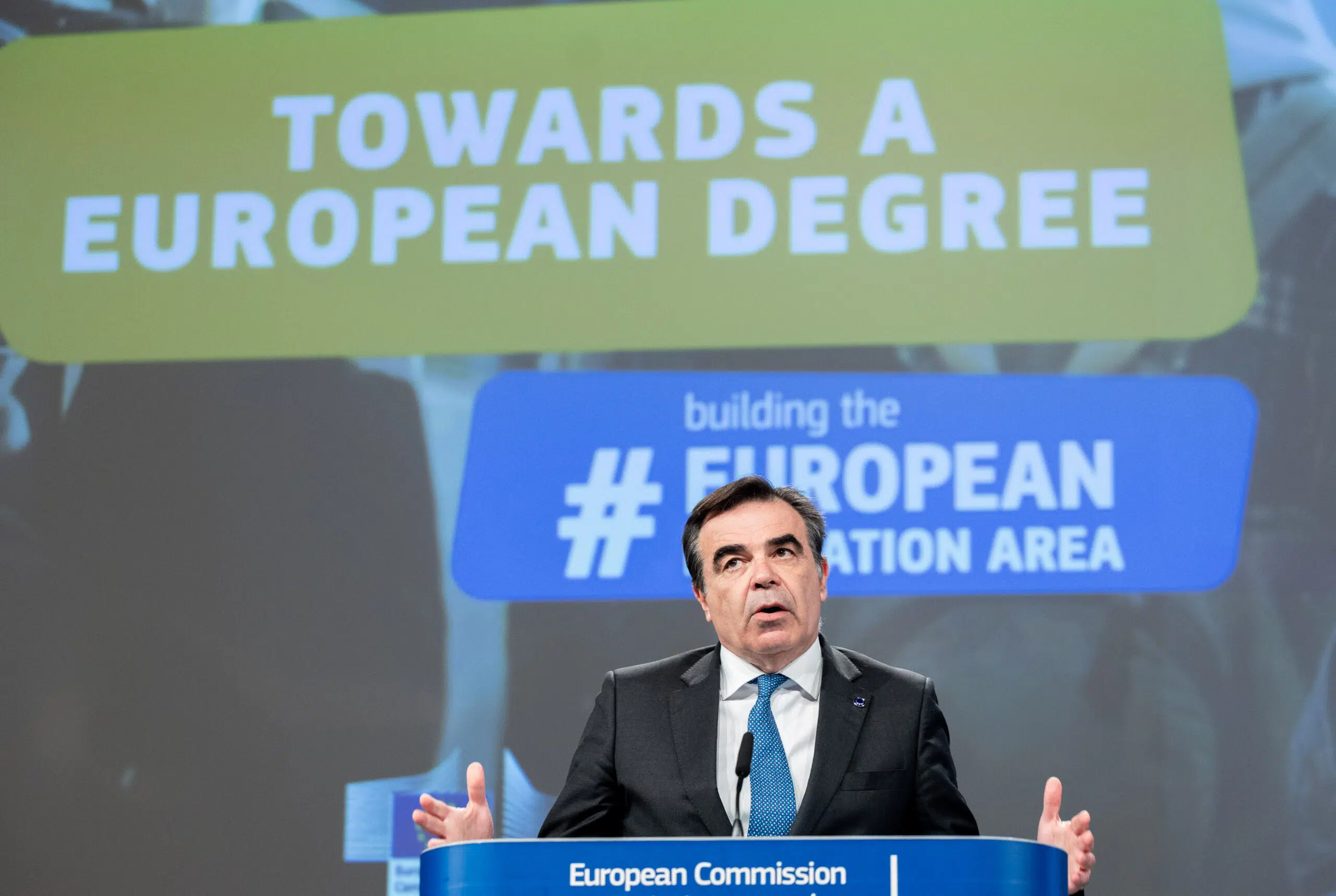Brussels – A degree is forever. And everywhere. Today (March 27), the European Commission unveiled three initiatives “to promote transnational cooperation between higher education institutions, with the ultimate goal of creating a European degree.” To this end, it opens up the possibility—not without risk—for universities from different countries to join together as “new legal entities,” a sort of transnational maxi-universities.
The knot to untie is before the eyes of all young people, whether still college students or entering the job market, who must get their higher education degrees recognized abroad. A process that is often far from straightforward. In addition to “increasing mobility within the EU, improving students’ soft skills, and making graduates more attractive to future employers,” the European degree project would “reduce bureaucracy and enable higher education institutions in different countries to cooperate seamlessly and establish joint programs,” the EU Commission’s communication reads.
Brussels puts on a velvet glove because it knows full well that education is the exclusive competence of the member states, and “given the diversity of higher education systems in Europe,” it proposes a phased approach toward the creation of the new degree. Stressing further that the proposal “fully respects the competencies of member states and regional governments in the field of higher education.”
The degree would be awarded voluntarily and based on a set of common criteria agreed upon at the European level. To achieve the goal, the commission proposes the initial creation of a “preparatory European label” to be awarded to joint degree programs that meet the above criteria and then to move on to the actual European degree, which could be awarded in two ways: jointly by universities in different member countries or through the establishment of new European legal entities. This could eventually lead to the emergence of “consortia” of large universities at the expense of smaller universities.

The Vice-President of the European Commission, Margaritis Schinas, pointed out that “this model is an offer, not a threat, and it is also not an elitist initiative, because all universities can adopt this model based on the criteria developed by the commission together with the universities that participated in the consultation.”
The EU executive promises to put in place “a series of concrete actions” to support member states’ move toward a European degree and to develop the necessary guidelines. These include the launch from 2025 of “European degree pathway projects” within the Erasmus+ program to provide financial incentives to the 27 countries. For 2021-2027, Erasmus+ can count on a budget of 27 billion euros.
Along with the European degree proposal, the EU Commission has launched two other inputs to the EU Council: the creation of a “European system of quality assurance and recognition in higher education” to certify and improve the performance of universities and the promotion of “transnational educational activities” to make careers in higher education more “attractive and sustainable.” Proposals that, in Brussels’ vision, are proposals preparatory to the ultimate goal of a degree recognized in all member countries. Now, the bundle will be put on the table of the EU Council, individual national governments, universities and all stakeholders in the sector. The Ursula von der Leyen-branded Commission, which had announced the package as early as its State of the Union address on September 13, 2023, calls on all parties “to work together to make the European degree a reality.”
English version by the Translation Service of Withub



